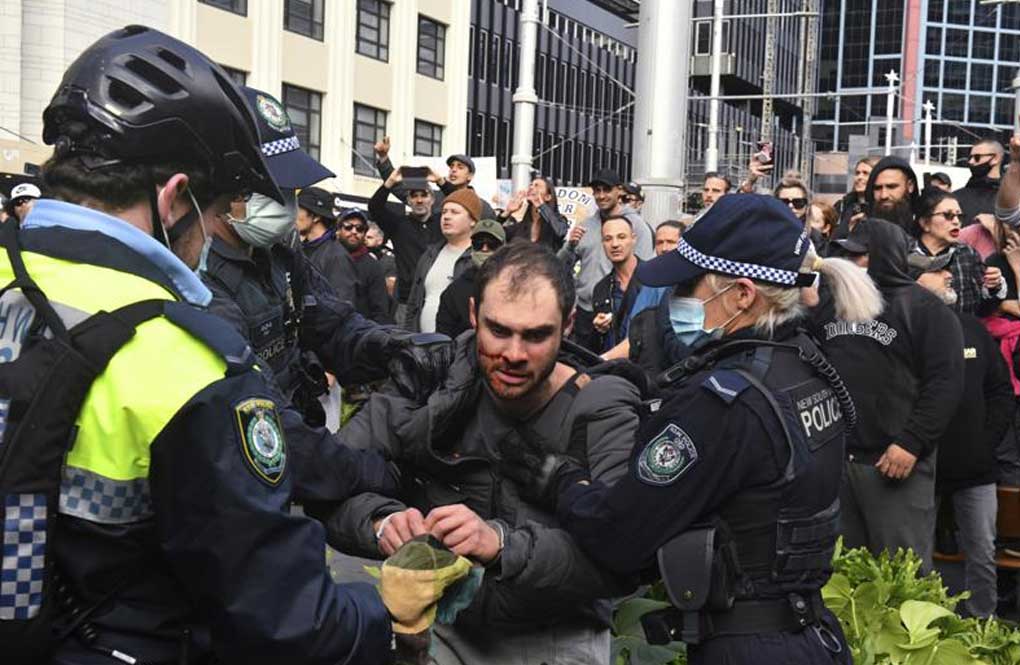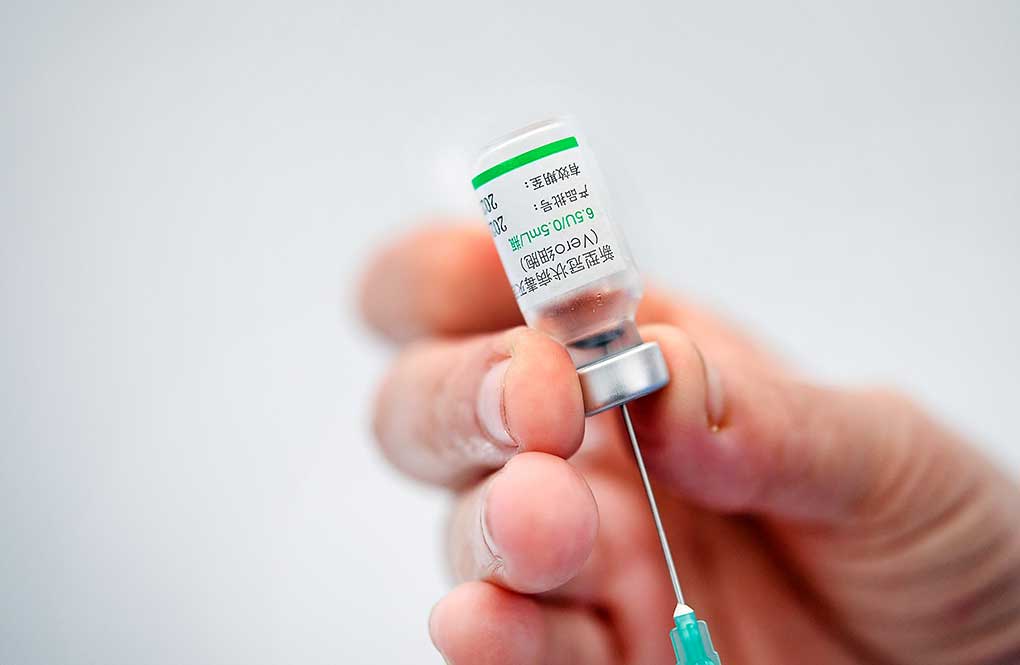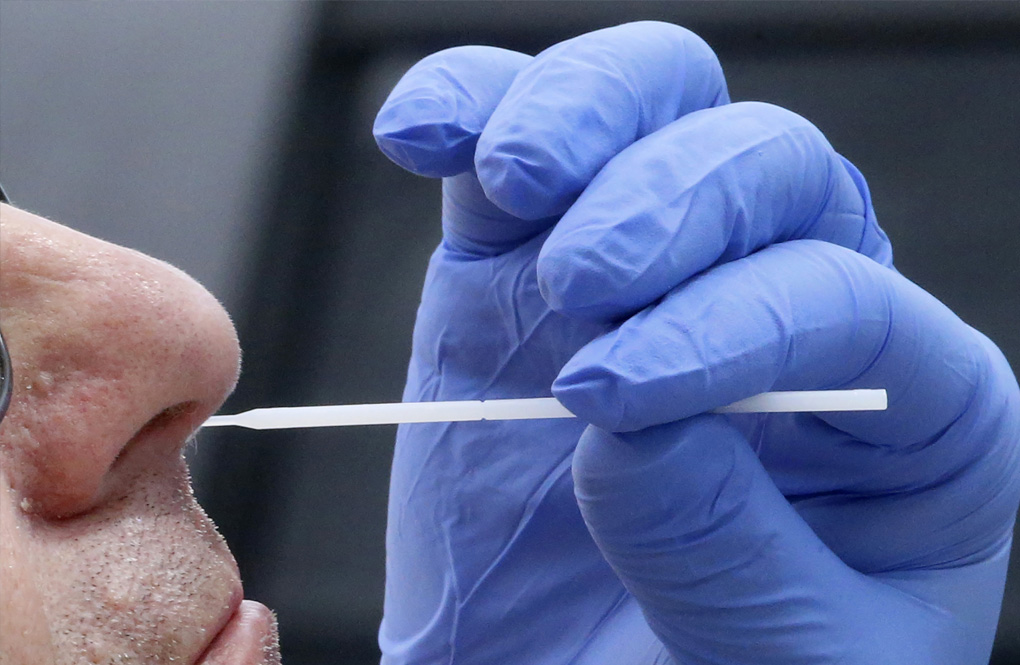Exaggerated media reporting during the initial months of the COVID-19 vaccine rollout stoked the global spread of rumours about alleged adverse events, a new Australian study has found.
The University of Western Australia study used Google trends data and social media activity monitoring tools to trace the emergence and dissemination of prominent COVID-19 vaccine rumours from December 2020 to April 21 2021.
Online discussion of clotting, fainting, infertility, Bell’s palsy and the death of baseball legend Hank Aaron were among the topics analysed.
Although some cases illustrated that social media networks synthesised and amplified adverse event rumours, the UWA study concluded traditional mass media reporting was crucial in both promoting and moderating discourse.
“While committed anti-vaccination activists can circumvent traditional media and successfully generate spikes in interest and coverage, even these populations look to traditional media sources as markers of credibility,” reads the study, published in the International Journal of Public Health this week.
“Egregious reportage and subediting by publications clearly encourages ongoing circulation of misinformation – and the internet has facilitated the proliferation of less rigorous and credible reporting.”
Hyperbolic reporting, it said, tends to be shared more widely, incentivising writers and platforms to exaggerate claims to get more story clicks.
Dr Tauel Harper, the study’s lead author, encouraged journalists to be “particularly earnest” when reporting on adverse event claims and speak to relevant scientists before publishing.
However, he said scientists and health professionals should also promote their own perspectives to clarify stories lacking rigour.
“Our study suggests that such activities have a significant impact on the spread of rumours about adverse events, and therefore points to a need for available experts to help correct misinformation.”
(AAP)













